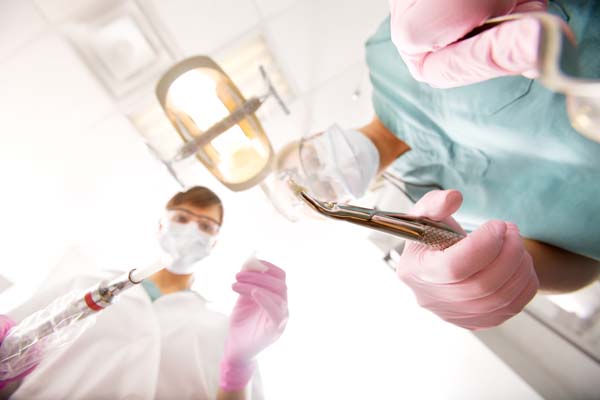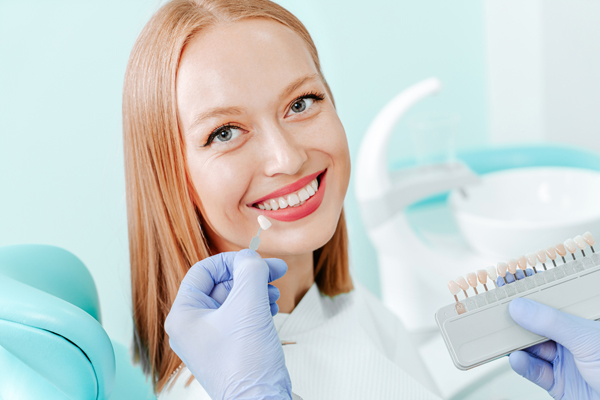What to Avoid after a Tooth Extraction
is a procedure done to remove a damaged or potentially problematic tooth. Like every dental procedure, the wound created by the extraction process heals over time with proper care. The dentist will provide the necessary aftercare instructions to follow.
What to avoid
Aside from using the recommended medications and resting adequately, there are certain things to avoid after the treatment is over to ensure a quick recovery.
Avoid brushing around the area
It is important not to brush around the extraction site for at least two to three days after the procedure. This will help the wound heal. Brushing around the area may disturb the blood clot in the spot, causing bleeding and infection. Pain and irritation may also occur due to brushing. It is advisable to rinse with salt water instead.
Avoid hot water compress
Following the tooth extraction, pain and inflammation may occur around the area. Pain relieves, and antibiotics can be used based on the dentist’s instructions, but applying a hot compress on the area is not recommended. Rinsing with mildly cold water is good but spitting or rigorous rinsing should be avoided for at least two days.
Avoid taking alcohol
Patients should avoid taking alcohol or any alcoholic beverage immediately after the tooth extraction procedure. Consuming alcohol can potentially dislodge the clot that forms around the extraction point, which can compromise the healing process. Also, smoking and tobacco use should be avoided. The chemicals in the tobacco can affect the clot and cause a condition known as dry socket.
Foods to avoid
Patients should avoid eating solid foods immediately after the procedure. While the mouth is still numb, it is advisable not to chew. One can resume solid foods when feelings return. It is better to stick to liquid foods such as yogurts, milkshakes, smoothies, soups and mashed potatoes. Soon after the tooth extraction treatment, some foods and beverages should be avoided for healing sake. They include hot drinks, spicy foods, hard, crunchy or munchy foods (popcorn, chips and nuts), as well as foods with a sharp or tangy taste.
Avoid Aspirin
Aspirin should never be used for pain (ibuprofen is usable). Aspirin is a blood thinner that can delay the formation of a clot, thus delaying healing. Patients should the medications prescribed by the dentist and consult the same before using any other drug.
Avoid using straws or sucking
The use of straws when drinking or sipping is unadvisable after tooth extraction. The suctioning effect can open the wound and cause significant discomfort.
Avoid poking into the gap
In the first few days after the procedure, having a gap between the teeth might seem strange. Avoid poking the area with the tongue or toothpick as that may disrupt healing, cause bleeding and may even cause a dry socket.
In conclusion
The above points are what you need to avoid after the tooth extraction procedure. If you experience complications or have additional questions, be sure to reach out to the general dentist for help.
Request an appointment here: https://www.yourfamilysmiles.com or call Family Dental Care of Chicago at (773) 250-1194 for an appointment in our Chicago office.
Check out what others are saying about our dental services on Yelp: .
Recent Posts
Various situations exist where a dentist would recommend tooth extractions. Specific symptoms present themselves to let you know it might be a possibility. A dentist will confirm that a tooth extraction is the way to go. If you know what to look for, you will be able to tell when you need to visit your…
A tooth abscess is an infection that often requires a prompt visit to the emergency dentistry office. With the lockdown in place due to the COVID-19 outbreak, dentists have limited dental procedures to emergency treatment. The extent of pain and swelling typically determines if there is a dental emergency. However, if the abscessed tooth is…
An emergency dentist can provide the care you need if you end up with a dental problem that counts as an emergency. Some issues like an infected tooth simply cannot wait for a routine dental appointment. Waiting to get treatment for such an issue puts your health at risk and can leave you in agonizing…
A Dental Emergency can be a difficult situation for people. Suffering a mouth injury or dealing with an unexpected oral health issue is oftentimes very scary. It can also be difficult to determine exactly what needs to be done to ensure the situation is taken care of properly.Fortunately, there are certain steps that everyone can…


